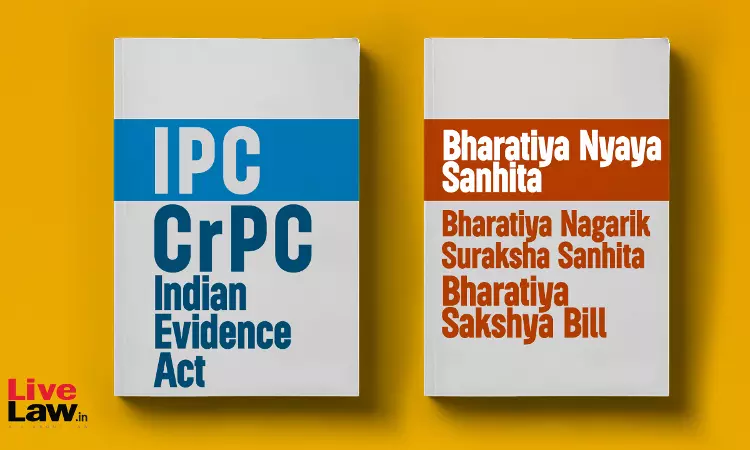Lok Sabha Passes Criminal Law Bills Seeking To Replace IPC, CrPC And Evidence Act
Awstika Das
20 Dec 2023 4:58 PM IST

Next Story
20 Dec 2023 4:58 PM IST
On the thirteenth day of the winter session, the Lok Sabha passed the three revised criminal law bills, namely, the Bharatiya Nyaya (Second) Sanhita, proposing to replace the Indian Penal Code, the Bharatiya Nagarik Suraksha (Second) Sanhita, proposing to replace the Code of Criminal Procedure, and the Bharatiya Sakshya (Second) Sanhita, which seeks to replace the Indian Evidence Act. The...
